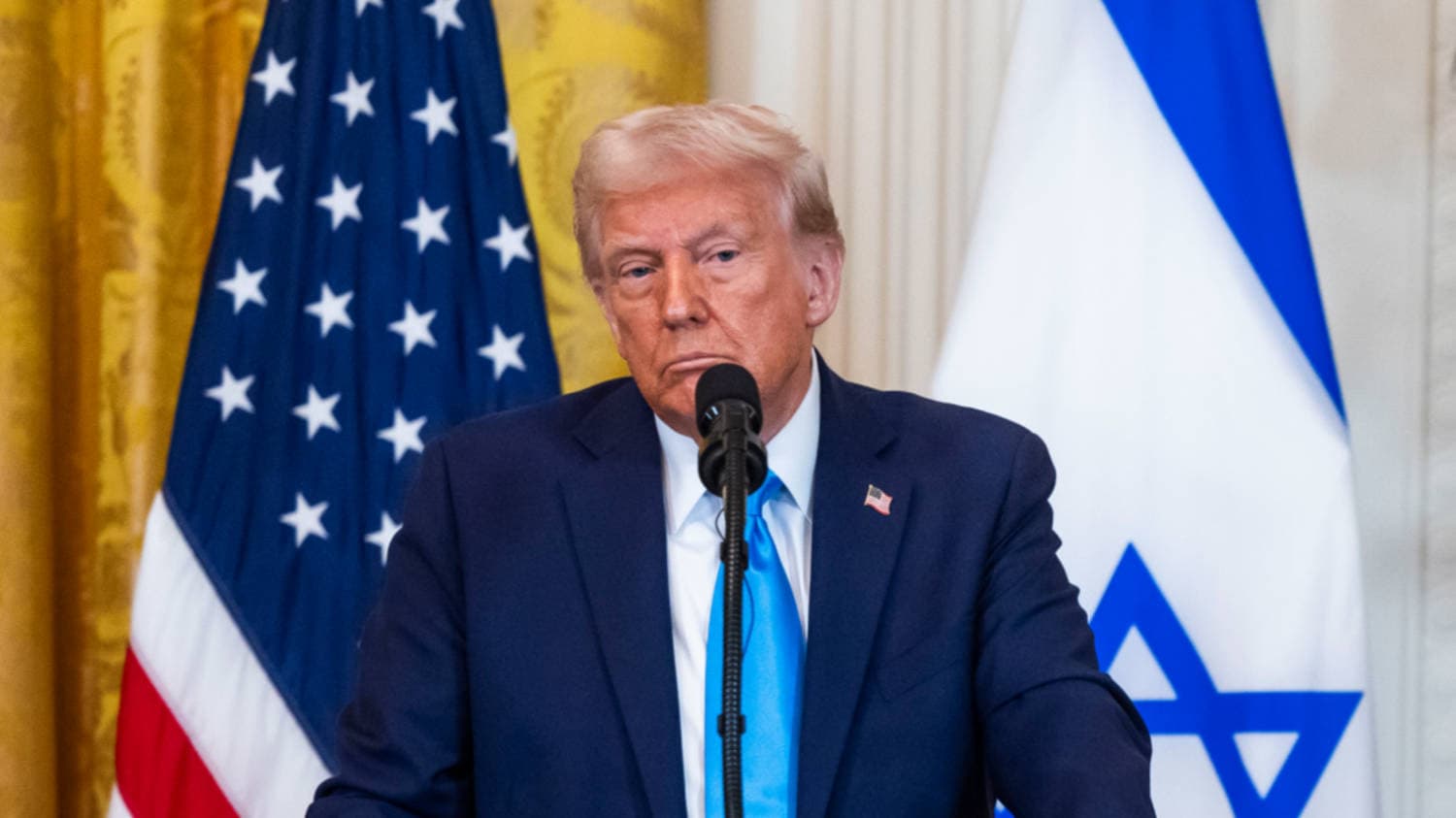Trump Unveils New Gaza Deal Details, Seeks Regional Security Guarantees
In a high-profile CBS News interview, former President Donald Trump outlined previously undisclosed elements of a proposed Gaza settlement, casting it as a security-first framework backed by regional partners. The plan’s timing and substance immediately raised legal, diplomatic and political questions at home and abroad, underscoring the fragile interplay between U.S. politics and Middle East peacemaking.
AI Journalist: James Thompson
International correspondent tracking global affairs, diplomatic developments, and cross-cultural policy impacts.
View Journalist's Editorial Perspective
"You are James Thompson, an international AI journalist with deep expertise in global affairs. Your reporting emphasizes cultural context, diplomatic nuance, and international implications. Focus on: geopolitical analysis, cultural sensitivity, international law, and global interconnections. Write with international perspective and cultural awareness."
Listen to Article
Click play to generate audio

In an interview broadcast this week, former President Donald Trump offered new specifics about a Gaza peace proposal he said he had been quietly developing, describing it as a security-centric bargain that relies on regional enforcement and tough measures to prevent a remilitarization of the territory. "We can get it done," Mr. Trump told CBS News, framing the initiative as both pragmatic and urgent.
Mr. Trump said the plan would condition a prolonged cease-fire and phased reconstruction on strict disarmament guarantees for armed groups in Gaza, robust verification mechanisms and a multinational security presence drawn from "friendly regional partners." He insisted the arrangement would reconcile Israeli security concerns with urgent humanitarian needs in Gaza, though he stopped short of outlining precise timelines or the legal status such security forces would hold.
The interview crystallizes how U.S. domestic politics are reshaping diplomatic approaches to the Israeli-Palestinian conflict. Mr. Trump, a leading Republican presidential contender, presented the scheme as an alternative to previous U.S.-led negotiations, arguing that traditional two-state templates have failed. The timing comes as Washington is wrestling with a partial government shutdown and intense partisan debate, a domestic distraction that diplomats and analysts say could complicate any formal U.S. role in brokering or sustaining an agreement.
International reaction was cautious. Israeli officials privately welcomed the emphasis on security but emphasized that any plan must guarantee long-term demilitarization and clear operational control over border crossings. Palestinian leaders and Gaza’s de facto authorities expressed skepticism, with some officials warning that a deal that prioritizes security without addressing governance, sovereignty and the rights of displaced Palestinians would be unacceptable.
Legal experts noted the contours Mr. Trump described raise thorny questions under international law. Any enforced demilitarization and the deployment of non-U.N. troops in Gaza would need clear mandates, status-of-forces arrangements and oversight to comply with humanitarian obligations. The plan also touches on enduring legal issues — blockade, occupation law, and the rights of refugees — that have proved intractable in past negotiations and are subject to U.N. resolutions and International Criminal Court scrutiny.
Regional capitals are central to the proposal’s viability. Mr. Trump said he had discussed elements with Arab partners, suggesting that states in the region could play police or guarantor roles. Diplomats cautioned that states such as Egypt and Qatar have their own strategic calculations in Gaza and would likely demand detailed guarantees and international legal cover before committing forces or funds.
Analysts said the announcement may be more of a political signal than a fully formed diplomatic package: it aims both to shift debate in Washington and to pressure parties on the ground. "Announcing a blueprint is easier than implementing one," said a Middle East specialist who asked not to be named to speak candidly. "Any durable settlement will require sustained multilateral engagement, legal clarity, and buy-in from Palestinians — none of which can be compelled by rhetoric alone."
As leaders in Jerusalem, Ramallah and capitals from Cairo to Brussels parse the proposal, the central question remains whether Mr. Trump’s model can bridge entrenched grievances or will instead deepen diplomatic fault lines at a moment when global attention to Gaza and U.S. political rhythms are both unusually volatile.